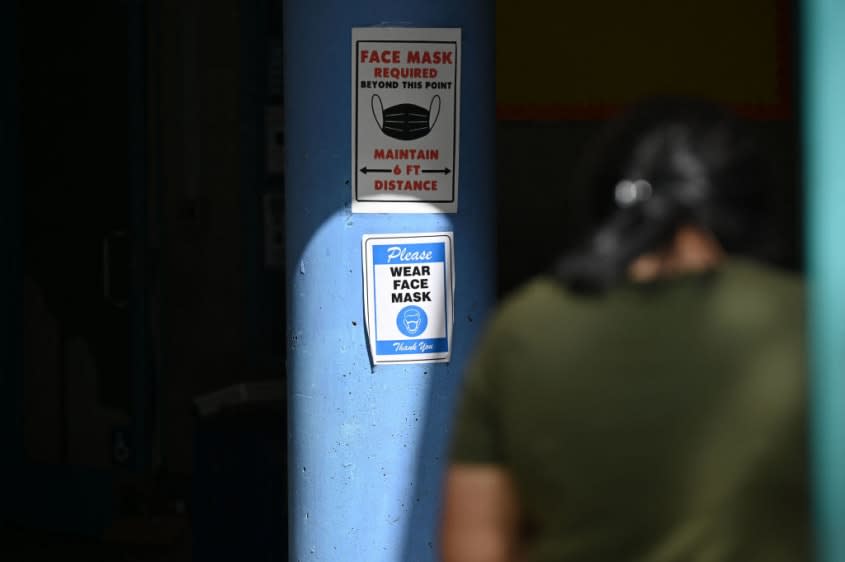How we might reach a pandemic 'endgame'

Like all pandemics, that of COVID-19 will eventually end. But the million dollar question is...how? And what will that "endgame" look like?
A world without COVID is likely not a world in which we will exist, argues The Atlantic's Ed Yong. Instead, the pandemic will cease when almost everyone has immunity, "preferably because they were vaccinated or alternatively because they were infected and survived." Once that point is reached, the pandemic itself will "peter out," but COVID will live on, as an endemic virus that, as a result of vaccination and immunity, has become less of a problem.
"Before, it still felt possible that a really concerted effort could get us to a place where COVID-19 almost didn't exist anymore, said Eleanor Murray, an epidemiologist at Boston University. "But Delta has changed the game."
To speed the pandemic's conclusion process along, "the world needs to stay alert," The Atlantic insists. Samuel Scarpino, an infectious disease expert, makes the case for a "nimble, comprehensive system that might include regular testing, wastewater monitoring, genetic sequencing, Google-search analyses, and more." The system, which could also be used for future pandemics, would track outbreaks and epidemics the same way meteorologists forecast storms and hurricanes. "My phone can tell me if I need to carry an umbrella, and I want it to tell me if I should put a mask on," Scarpino said.
As far as readying ourselves for the next pandemic goes, preventative measures like improving building ventilation or wearing masks when sick (not just with COVID) might help, writes Yong. Rather than allowing ourselves to feel defeated by the current surge, perhaps this is an opportunity to instead "rethink our attitudes about the viruses we allow ourselves to inhale." Read more at The Atlantic.
You may also like
Israel's Olympic hero can't get married, but that may soon change
How sociology shows 'policy makers have been looking at vaccine refusal all wrong'
2020 Census data shows U.S. population is more diverse and urban

